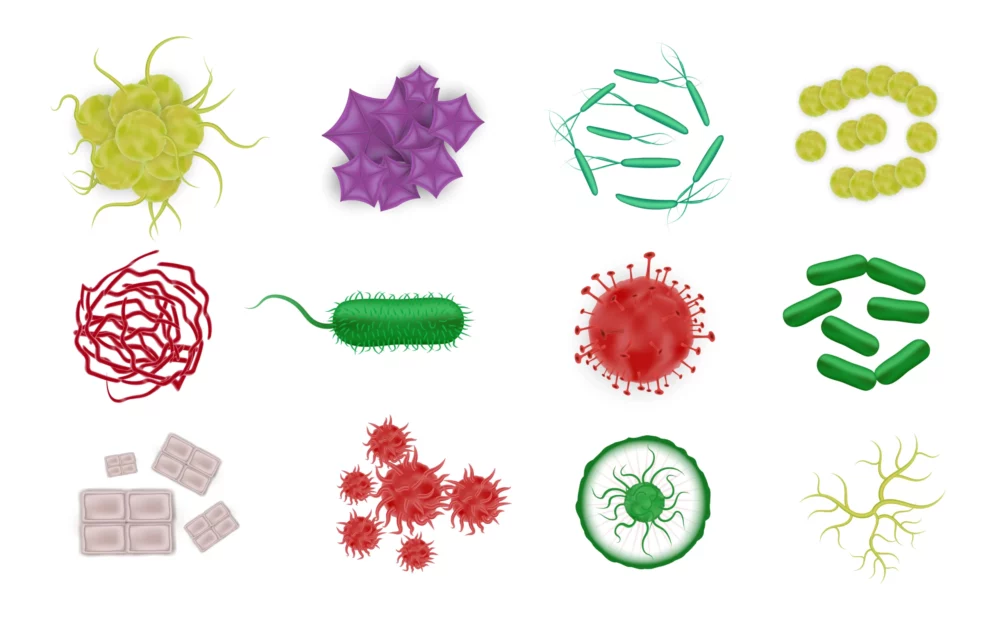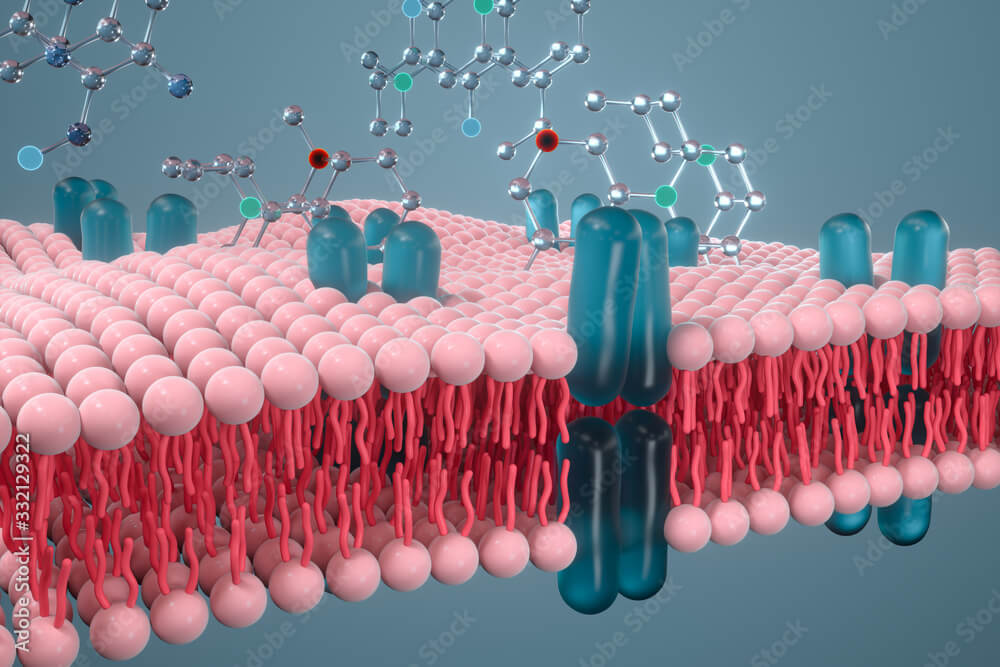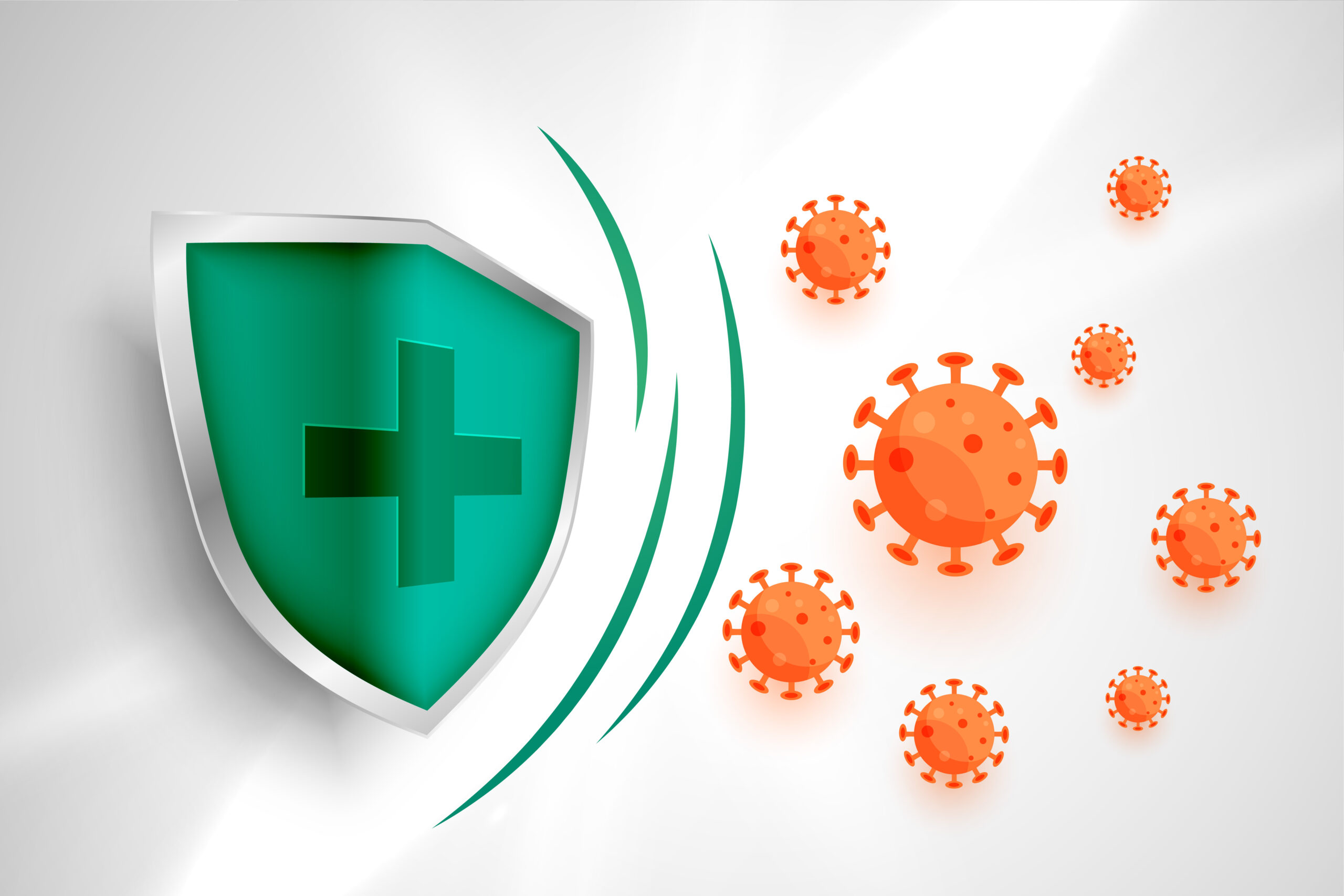Tag: Biology MCQ

General Q&A part-6
State two features of the gas exchange surface in humans? The gas exchange surface in humans primarily refers to the respiratory system, where the exchange of oxygen and carbon dioxide takes place. Two essential features of the gas exchange surface in humans are: Large Surface Area: The gas exchange surface in humans, which includes the…

Reproduction in Organisms
Reproduction is a fundamental biological process that ensures the continuation of life on Earth. It is a fascinating and diverse field of study, as organisms have evolved a wide range of strategies to reproduce and pass on their genetic material to the next generation. In this educational blog, we will explore the various mechanisms of…

General Q&A part-5
What are the stages involved in PCR, and on what does PCR depend? Polymerase Chain Reaction (PCR) is a widely used molecular biology technique for amplifying specific DNA sequences. PCR involves several stages, and it depends on various components and conditions for successful amplification. Here are the main stages of PCR and what PCR depends…

The Living World and Taxonomy
Biodiversity The variety of life forms present on Earth, including the different species of plants, animals, and microorganisms, their genetic variation, and the ecosystems they form. Species A group of individuals that can interbreed and produce fertile offspring in nature; the basic unit of biological classification. Taxonomy The science of naming, defining, and classifying organisms…

Q&A on Glycolysis
1. What is glycolysis, and why is it important? Glycolysis is a metabolic pathway that breaks down glucose into energy-rich molecules. It’s crucial for energy production in cells. 2. Where does glycolysis occur in cells? Glycolysis takes place in the cytoplasm of cells. 3. How many ATP molecules are initially invested in glycolysis? Two ATP…

General Biology MCQs
Here are some biology MCQs. 1. Which organelle is responsible for photosynthesis in plant cells? a) Mitochondria b) Nucleus c) Chloroplasts d) Endoplasmic reticulum Answer: c) Chloroplasts Explanation: Chloroplasts are the organelles responsible for photosynthesis, where plants convert sunlight into chemical energy in the form of glucose. 2. Which of the following is NOT a…

Quiz on Cell Theory
Welcome to the Cell Theory Quiz! The cell theory is one of the foundational principles of biology, describing the fundamental building blocks of life. This quiz will challenge your understanding of cell theory, covering its history, key principles, and the discoveries of notable scientists. Whether you’re a student looking to reinforce your knowledge or a…

General Q&A part-4
What is oncology? Oncology is the branch of medicine that specializes in the study, diagnosis, treatment, and research of cancer. Cancer is a complex group of diseases characterized by the uncontrolled growth and spread of abnormal cells in the body. Oncologists are medical professionals who are trained to diagnose and treat various types of cancer,…

General Q&A part-1
This page contains general Q&A questions asked by curious people. How many types of Air pollution? Air pollution can be categorized into several types based on the sources of pollutants, the nature of the pollutants, and their effects on the environment and human health. The main types of air pollution include: Particulate Matter (PM): Particulate…

MCQ on Role of Plasma Membrane
here are some multiple-choice questions (MCQs) about “Plasma Membrane Structure and Function: Key Role in Cell Homeostasis,” along with detailed answers: Question 1: Which of the following components make up the plasma membrane’s basic structure? A) Nucleic acids and proteins B) Carbohydrates and lipids C) Proteins and lipids D) Carbohydrates and nucleic acids Answer 1:…

Plasma Membrane Structure and Function: Key Role in Cell Homeostasis
The plasma membrane, also known as the cell membrane, is a crucial structure that surrounds all living cells. It separates the internal environment of the cell from the extracellular environment, regulating the flow of substances in and out of the cell. The plasma membrane plays a central role in maintaining cell homeostasis, which is the…

Quiz: Test Your Knowledge of the Immune System
1) What is the primary function of the immune system? a) Digestion of food b) Regulation of body temperature c) Protection against infections and diseases d) Production of hormones Answer: c) Protection against infections and diseases Explanation: The immune system’s main role is to defend the body against harmful pathogens, such as bacteria, viruses, fungi,…







